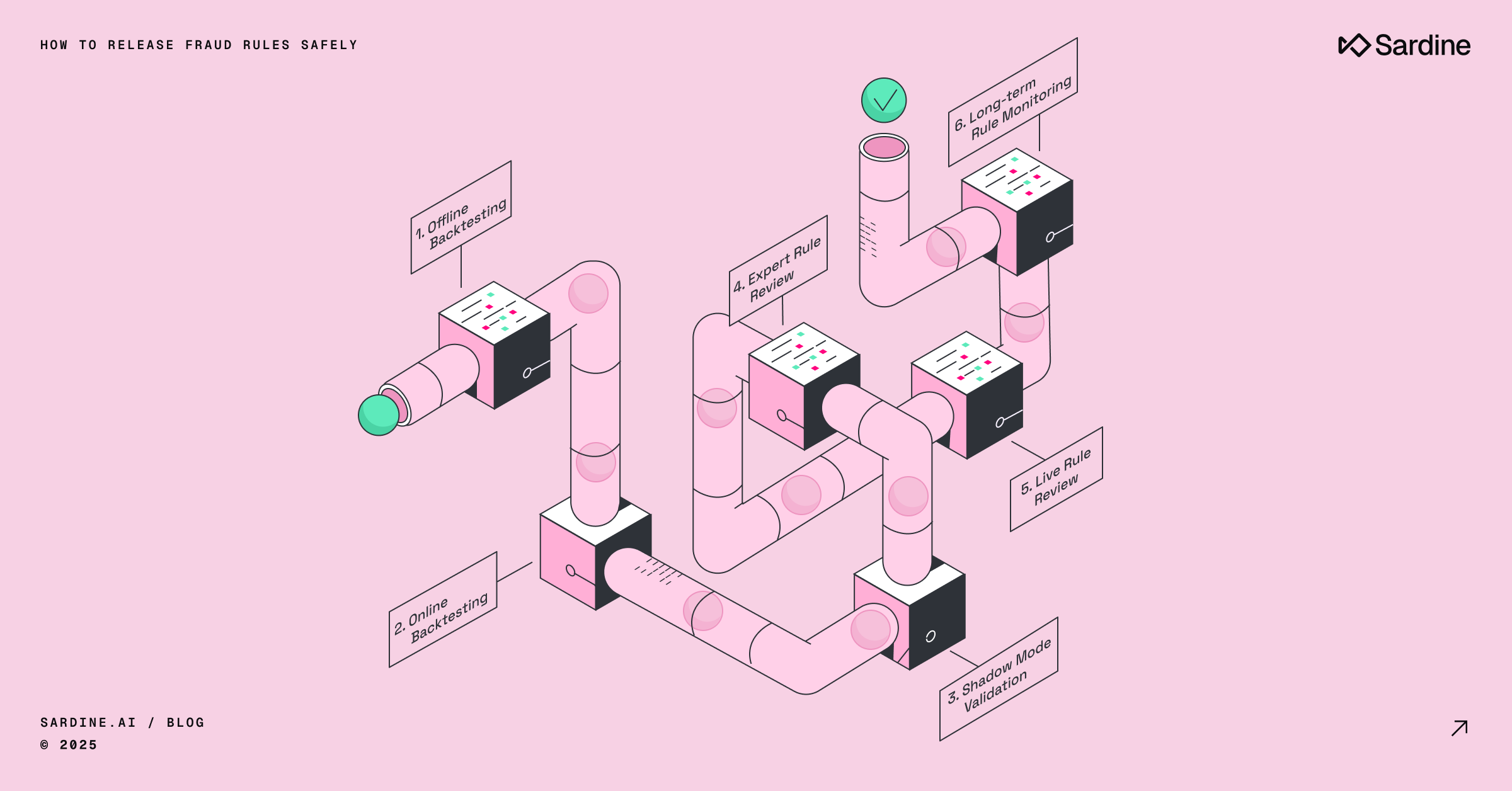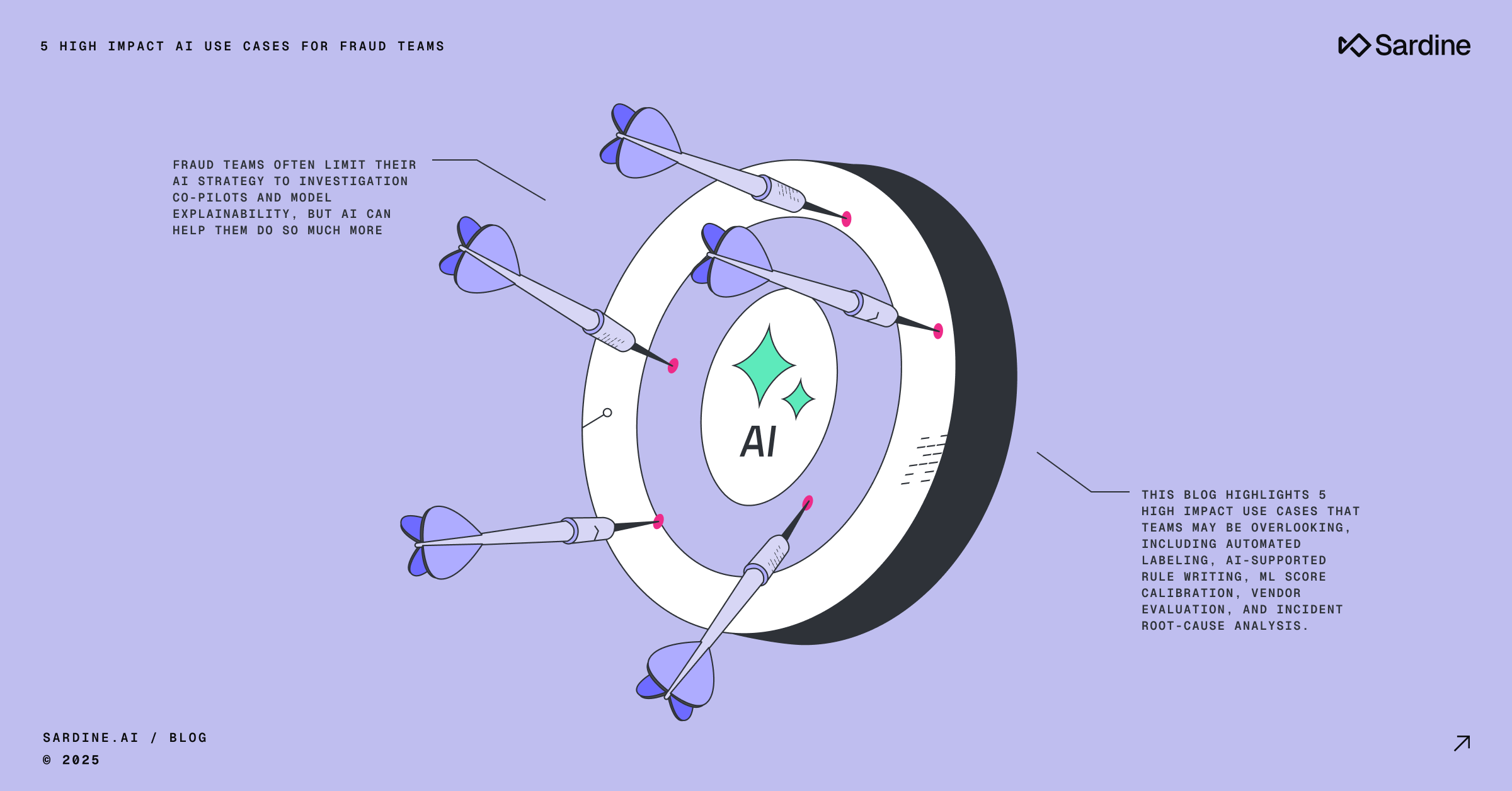How Know Your Recipient (KYR) Prevents Scams
Before an RTP, ACH or Wire payment is made, it is impossible to determine whether the recipient is a scammer who has tricked a good customer.
Unless you screen the recipient first.
Today, there is no readily available way to screen recipients outside of bank consortia. While these play a role, their data set is limited to bank accounts. Today scammers especially leverage wallets, banks, and Crypto to evade the traditional methods.
Sonar fixes this. Sonar helps any member organization from any sector share information before a payment is completed.
Sonar helps you Know Your Recipient.
Scam volume is exploding
In 2023, Americans lost a staggering $8.8 billion to scams, with the average victim losing $1,000. Behind each statistic is a person—perhaps a retiree losing their life savings or a young professional seeing their dreams of homeownership evaporate.
AI and deep fakes have created an explosion in Phishing, and criminal networks often operating from abroad have built sophisticated targeting techniques.
Reimbursement alone is not a solution
Bad actors exploit the gaps between payment networks, wallets, and institutions. No single institution or payment rail has a complete picture of money flows. The solution is obvious: We need to know the recipient's reputation and risk to a payment before the payment is completed.
As Senator Richard Blumenthal aptly put it in a recent hearing, "We're fighting 21st-century fraud with 20th-century tools." It's time for a paradigm shift.
Proposed reimbursement policies may help make customers whole, but they create a perverse incentive for friendly fraud and a pool of capital for fraudsters to abuse. They won’t help resolve the scams issue, but they will create costs and challenges for the wider industry.
The Limitations of Current Solutions
The best solutions are being able to check the history of an account before a payment is allowed to continue (account verification and validation). One bank in Australia recently saw that simply matching an account to a name could reduce scam volume by 50%.
While there are existing data sharing networks, they’re often focussed on a fraction of the market and not available to all participants.
The existing consortia focus on banks sharing info with each other. But not all banks share data with each other. In addition, non-banks don't have access to this consortia. So not only do they not understand what's happening outside of their platform, but the big banks don't understand what's happening on theirs either.
While it is possible to get access to these consortia there's no blanket approval, and the ability to access this data set can be revoked.
Today if there is a successful account to name (or verification) match at the existing consortia, recent breaches have given fraudsters to a lot of PII/banking info. It’s crucial to share more data and signals to confirm true identity even if there is a match.
The best way to solve all of these issues is to facilitate broader data sharing between all participants in the payments ecosystem - merchants, banks, FIs, processors, cards, fintechs, etc - via a utility (for example Sonar). This utility will not only increase access to data needed to accurately screen counterparties, but will also proactively seek out new members that plug existing gaps in coverage (e.g. smaller banks, geographic regions, sponsor banks, merchants, etc.
Enter Know Your Recipient (KYR)
Know Your Recipient provides real-time insights about potential recipients. If any member of the data-sharing network has information about a potential recipient, they can send it to the sending bank or wallet.
So imagine your customer is going to make a payment. You’d connect with the data-sharing utility, and inquire about the recipient based on what you know (e.g. their payment information). If any member of the network has relevant data or risk information they’d share that under the strictest privacy and security conditions with the sending bank or wallet.
Sonar: The Engine Powering KYR
Sonar, an independent, member-run data consortium that's redefining how financial institutions collaborate to fight fraud. Sonar is open to all, and proactively building the widest possible member base. If an account and a name match, we can also check if the 1,000s of other risk signals about the counterparty.
This can help ensure the scammers who have real accounts don’t get away with it.
- Real-Time Screening: Before any transaction is processed, Sonar's Insights API is queried to assess the risk associated with the recipient.
- Cross-Platform Intelligence: Sonar aggregates data from banks, fintechs, and payment rails, providing a 360-degree view of potential threats.
- AI-Powered Analysis: Advanced algorithms sift through vast amounts of data to identify patterns and flag potential risks.
- Regulatory Compliance: Sonar operates within established legal frameworks like the GLBA and FCRA, ensuring effective and compliant data sharing.
Here’s how it works:

Here's how it works:
- A user begins initiating a transaction in their bank or Fintech wallet
- The Sonar member sends an API call to Sonar for recipient (KYR) screening
- Sonar aggregates data from various sources (represented by icons for banks, fintechs, payment rails)
- Sonar's AI analyzes the data
- Sonar provides a "risk score" and other key data points like device reputation, True Location, True IP and more to feed the bank or Fintech wallet’s fraud screening solution
- The transaction is either being approved or flagged for review
The Value of KYR
The impact of widespread KYR adoption would be seismic. Imagine:
- Scams thwarted before they can claim a victim
- Money laundering schemes unraveled in real-time
- Customer trust in digital finance is strengthened
- Financial institutions saving billions in fraud losses and operational costs
As Jamie Dimon, CEO of JPMorgan Chase, noted in a written statement to congress, "The future of finance lies in collaboration. No single institution can win the war against fraud alone. It's time we joined forces to protect our customers and our industry."
Want to know how Sonar can give you KYR capabilities? Contact us today for details about how you can get involved.



%20(1).png)





.png)

